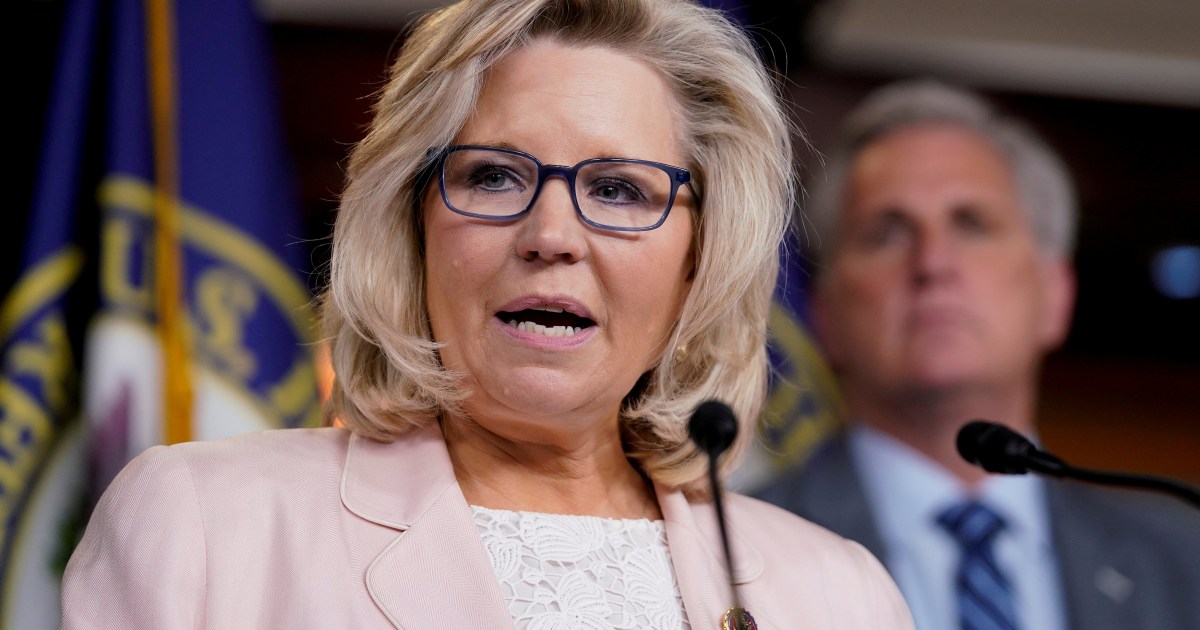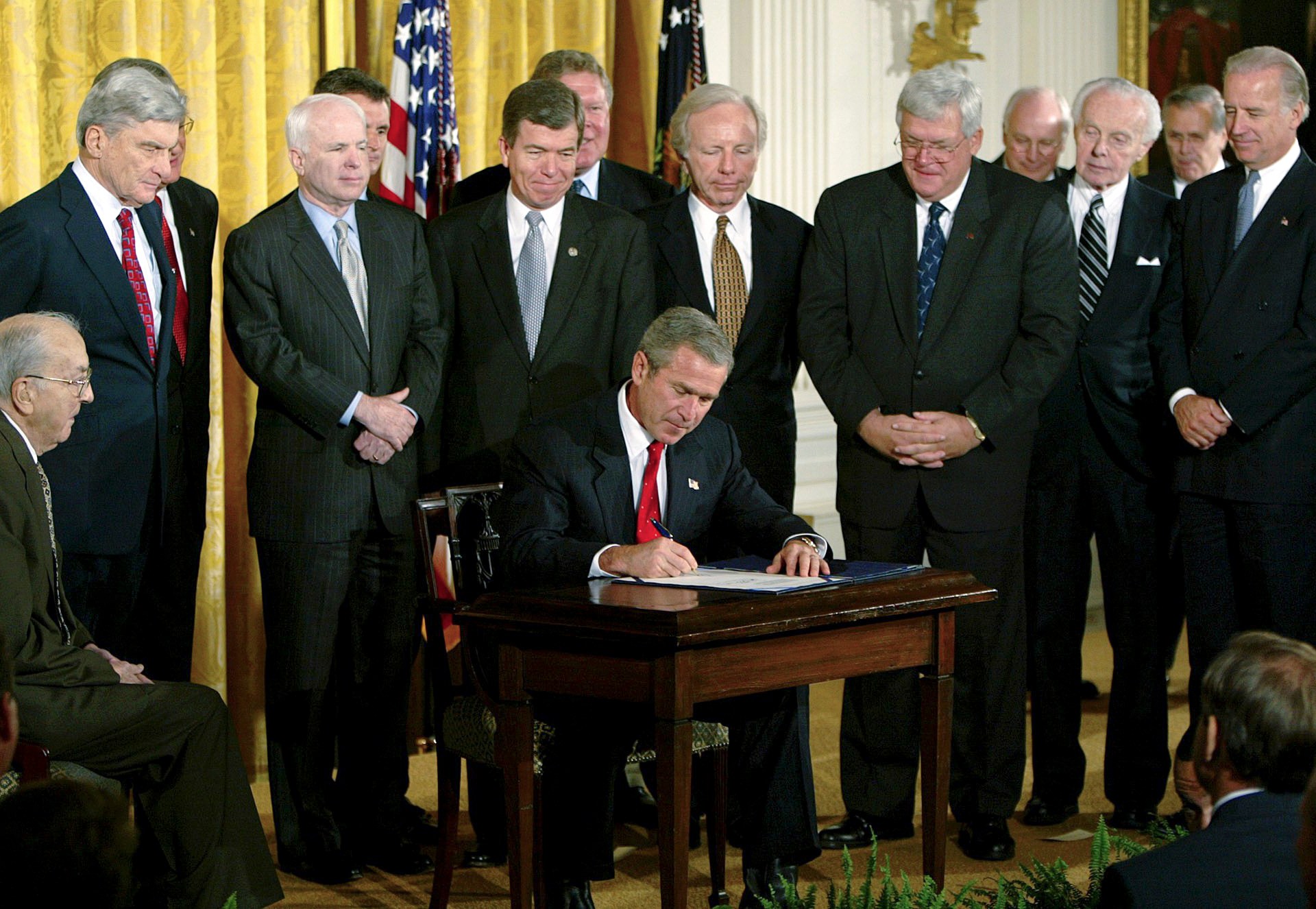The Article II Presidential Pardoning Power – May a President Pardon Himself? An Analysis
There are numerous television, radio, and Internet pundits who would have the American citizen electorate believe in the second decade of the 21st Century that the Executive branch of the federal government of the American republic, the standing U.S. President, has the U.S. Constitutional Article II power to pardon himself. In so doing, these supposedly educated, and knowledgeable, men and women, regarded in most cases as celebrities, are affirmed in their contentions by huge followings of their supporters, comprising a great many of the men and women over eighteen years of age who are eligible to vote. None the less, are these pundits and commentators correct in their presumptions? These pundits have obviously read, and routinely quote, what the honored Framers wrote in Article II, Section II about Presidential powers, and the dicta from the only definitive commentary essays about the specifics of the U.S. Constitution, the “Federalist Papers,” written by James Madison, John Jay, and Alexander Hamilton, in 1787, prior to the ratification of the U.S. Constitution. Yet, just like the generalized power and caveat provided by the Framers in Article I, Section VIII to the republic’s Legislative branch requiring the Congress to legislate laws that are only “necessary and proper” to the implementation of the specific and exclusive legislative powers set forth in Article I, Section VIII, which has, since 1790, been wrongly and flippantly interpreted to mean, instead, laws that are “convenient and popular,” the generalized power of the President to pardon in Article II, Section II, Clause I, “… and he shall have the power to grant reprieves and pardons for offenses against the United States, except in cases of impeachment” has been speciously interpreted to mean what it was not intended to mean.
The honored Framers of the U.S. Constitution were many of the same wise and prudent men who had comprised the First and Second Continental Congresses, who had presided over the Revolutionary War, proclaimed the Declaration of Independence in the creation of a new nation, and subsequently forged the Articles of Confederation. These men were not stupid and prone to flights of fantasy and illogical presumptions. Their levelheadedness had been tested and proven, for they had already confronted a flippant British King, George III, who had arrogantly presumed that he, as a dictator, could do no wrong, and that, if he had, he could have waved his royal wand in his regal fashion and exonerated himself from all blame. In other words, George III presumed that he was above the law, because he flouted justice and natural law. The British Parliament had been forced to go along with all of the boy-king’s adolescent whims of superiority. In other words, King George III had the power to pardon himself from any, and all, wrongdoings, and this was something that the Framers had loathed. For that reason, and for the reasons of justice and law, the Framers placed into the U.S. Constitution’s Article II, Section II a restriction on the pardoning power of a U.S. President. In the first place, a President could not pardon himself. Why? The very specific caveat regarding cases of impeachment made it very clear that federal officers who could only be removed from their offices by impeachment, such as presidents, vice-presidents, federal judges, etc. could not be pardoned for their crimes prior to, or after. the impeachment proceedings were conducted while they were still in office. Since a U.S. President, while in office, cannot be removed except through the impeachment process, it is very clear that the President cannot pardon himself. Pardons can only be given by U.S. Presidents to felons indicted, tried, and convicted of crimes against the United States, who were exempt from impeachment.
In the very absurd case of President Richard Nixon, who very obviously committed high-crimes, based upon the evidence adduced against him, and would have probably been federally indicted and convicted after his resignation from the presidency, President Gerald Ford pardoned his predecessor illegally. Nixon had been accused, but not convicted of his alleged crimes. Hence, the pardon for Nixon should have been based upon crimes for which he would have been convicted had he been indicted by a federal grand jury, arrested, and tried in federal court subsequent to his resignation. A U.S. President cannot pardon a person based only on accusations. Just like the First U.S. Congress had allowed President George Washington to issue the first unconstitutional executive order, ordering the building of a federal mint, instead of reprimanding him for going against the Constitutional separation of powers, Congress and the majority of the People just sat back and allowed Ford to illegally pardon Nixon; and all the while Ford was illegally proceeding against the letter of the U.S. Constitution, the spirit of John Adams was crying out from the grave that “the American republic republic is a nation of laws, and not of men.”
There’s also another matter of pure common sense that applies in thoroughly understanding that a U.S. President cannot reasonably pardon himself. No person in an executive government role should have the authority to pardon himself. Such a deleterious power is one that usually resides in the port folio of a tyrant or dictator. Common sense dictates this reasoning. It has been long established in State law that State governors don’t have the State constitutional power to pardon themselves, placing themselves above the law, and State governors are what the U.S. Presidents are to the federal government. There are even historical precedents to affirm that 19th and 20th Century U.S. Presidents accused of high-crimes have not sought for, or even considered, an Article II, Section II power to pardon themselves. In the very first case of presidential impeachment, President Andrew Johnson, who replaced Abraham Lincoln after he was assassinated, never considered a pardon for himself, and the issue was never considered by Congress. If the detailed historical record of the legislative events of 1868 is scrutinized, the process of impeachment was the only constitutional means of removing a sitting President, and Andrew Johnson accepted the full brunt of the impeachment and was acquitted in trial, on May 28, 1968, by the U.S. Senate by a single vote. The second and most recent attempt to impeach a President, the impeachment of President Bill Clinton, was successfully started in December of 1998 and ended-up with a U.S. Senate acquittal in February of 1999. During that time-frame, neither Clinton, a lawyer, nor his inner circle of legal advisers had never contemplated a self-pardon, and history reveals that Clinton was extremely worried about a conviction vote in the Senate.
The U.S. Constitution remains to be fragile and delicate document of federalism and of the freedom and liberty ordained through the proper maintenance of its established rules, processes, and procedures. That the legislative, executive, and judicial rules, processes, and procedures of the glorious U.S. Constitution have been egregiously and pragmatically changed in implementation without the amendment process over the 20th Century is true and factual. The way those rules, processes, and procedures were understood in 1790 is hardly the way they are understood and applied in 2018, and people wonder what has happened to the government and economy of the American republic. The reading of the Article II, Section II pardoning power of a U.S. President by designing feds and the cockeyed presumptions conjured-up in the minds of those pragmatic people that Presidents have the power to pardon themselves is as good of an example of these lurid changes as can be brought to the immediate light of day.
As has been established redundantly during the previous twelve months of special prosecutorial investigation, President Donald Trump has done no wrong as speciously alleged by the progressive liberal Democrats. Instead, the progressive Democrats accusing President Trump have been proven utterly complicit in collusion with the Russians in using the Obama Justice Department and the FBI to illegitimately undermine the campaign of Presidential Candidate Donald Trump, and his unexpected win in the 2017 Presidential Election. Hence, President Trump would have no reason to seek an unconstitutional effort to pardon himself, to place himself on the same level with Barack Obama, who issued, with impunity, numerous unlawful executive orders to circumvent the Constitutional Legislative process.
In order to ensure that illegal misinterpretations of the U.S. Constitution are censured and banned, a Constitutional convention of the States, under the power given to States by the Framers in Article V of the U.S. Constitution, should be convened by the authority of two-thirds of the State legislatures in order to propose new amendments to the U.S. Constitution, and to repeal certain others, by which actions the intent of the honored Framers would be set indelibly in stone, then and forever, in order to restore what has been desecrated by pragmatic men and women who have sought to undermine the economic, financial, and governmental rules, processes, and procedures of the U.S. Constitution. That this might be done very soon is my humble prayer.



